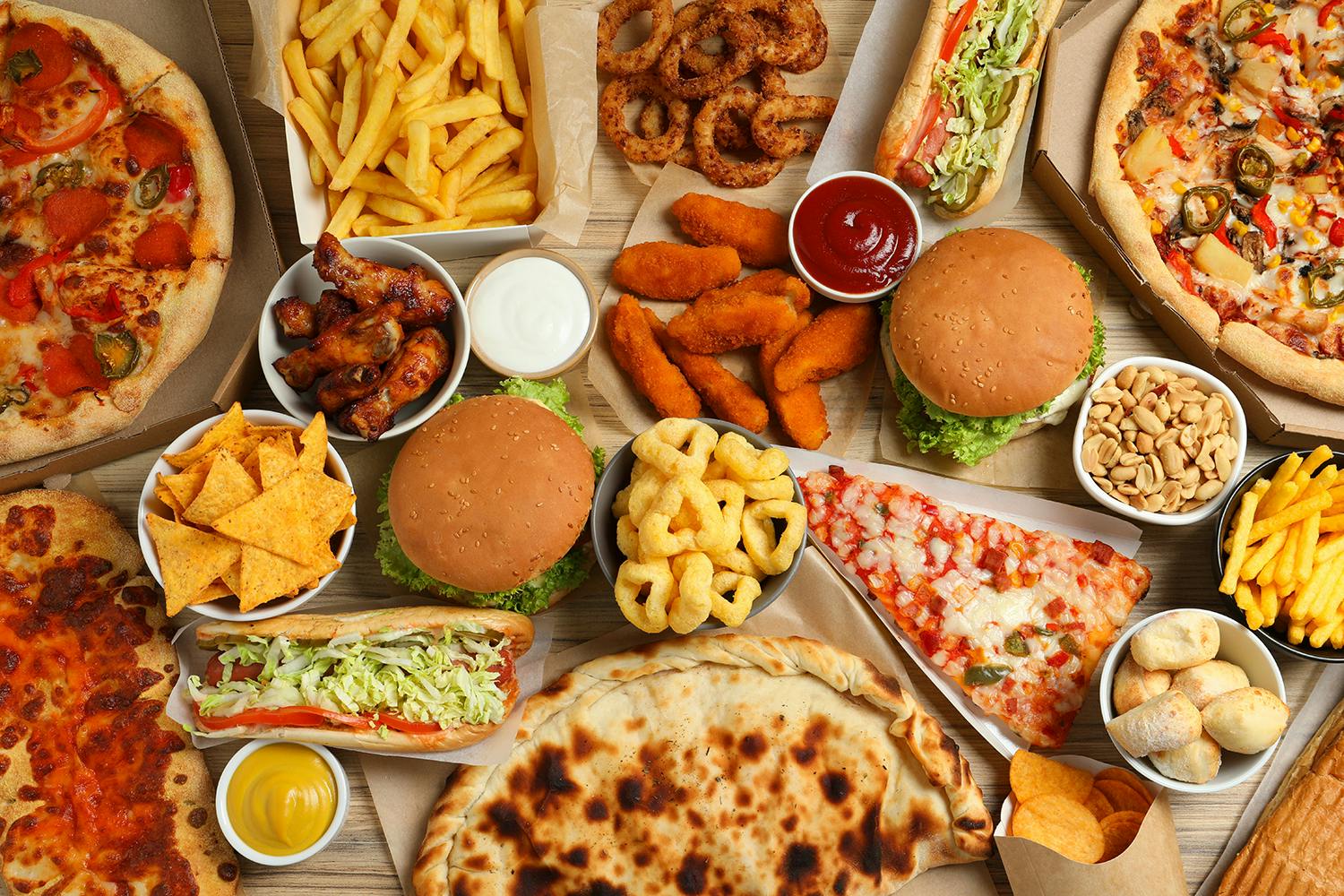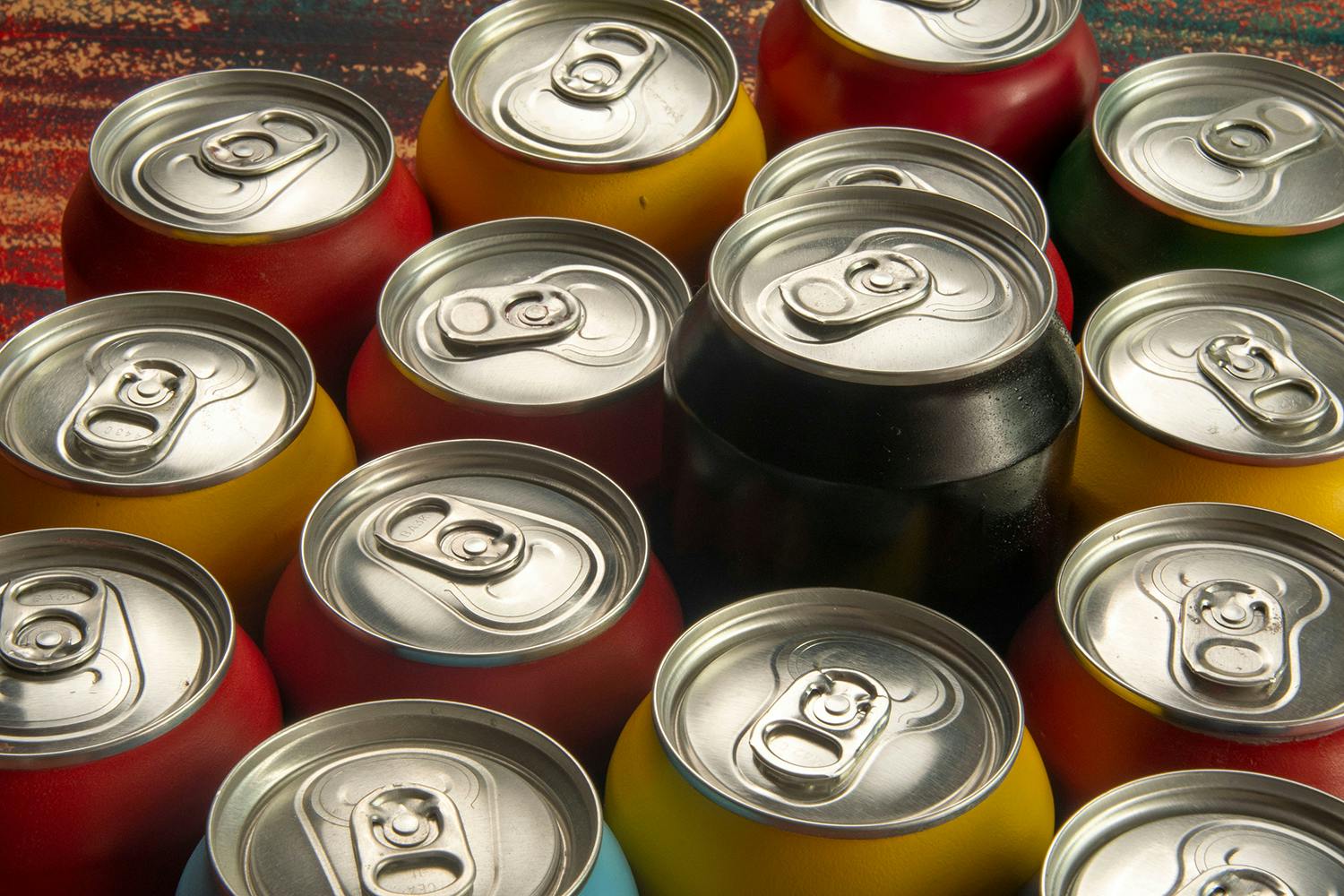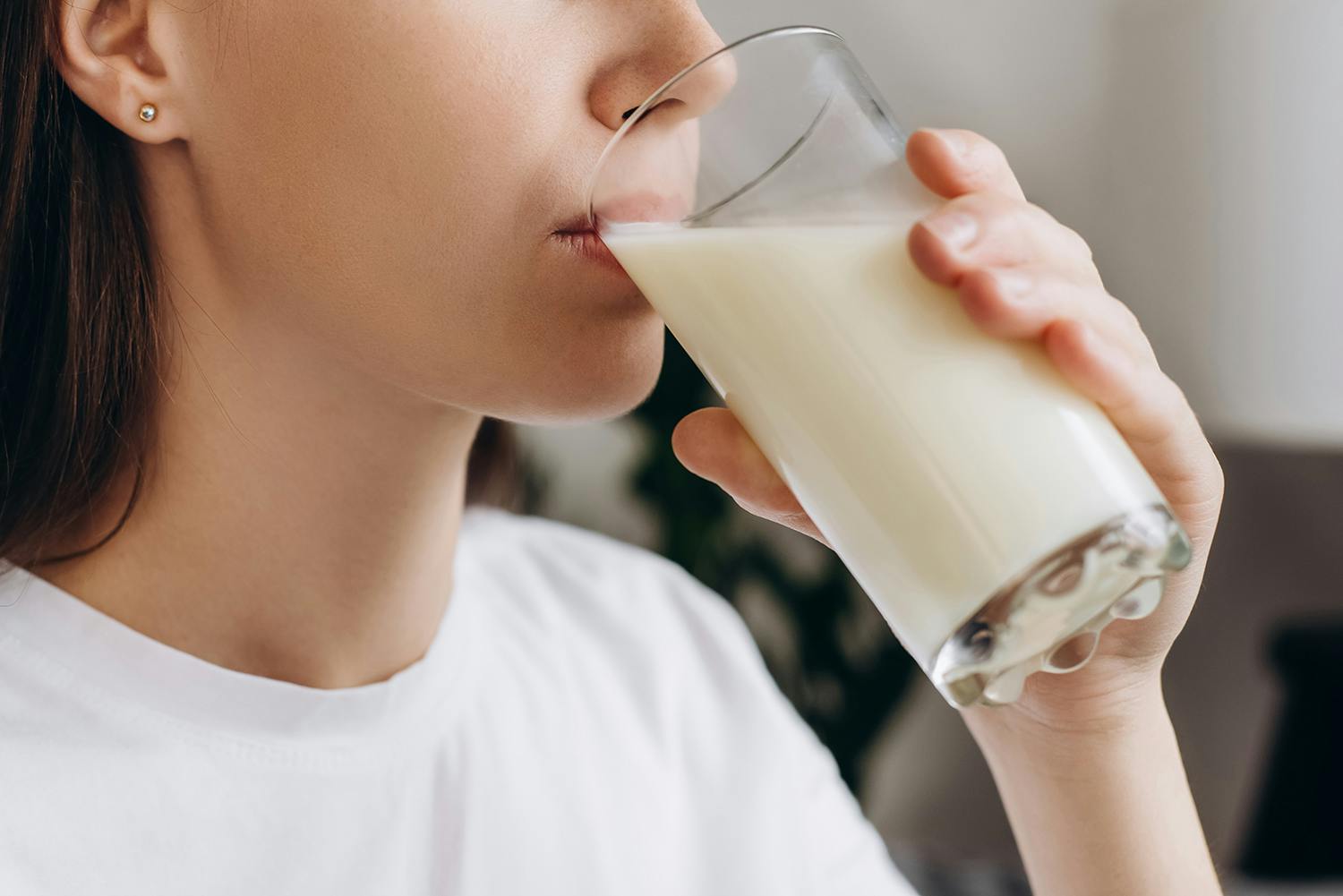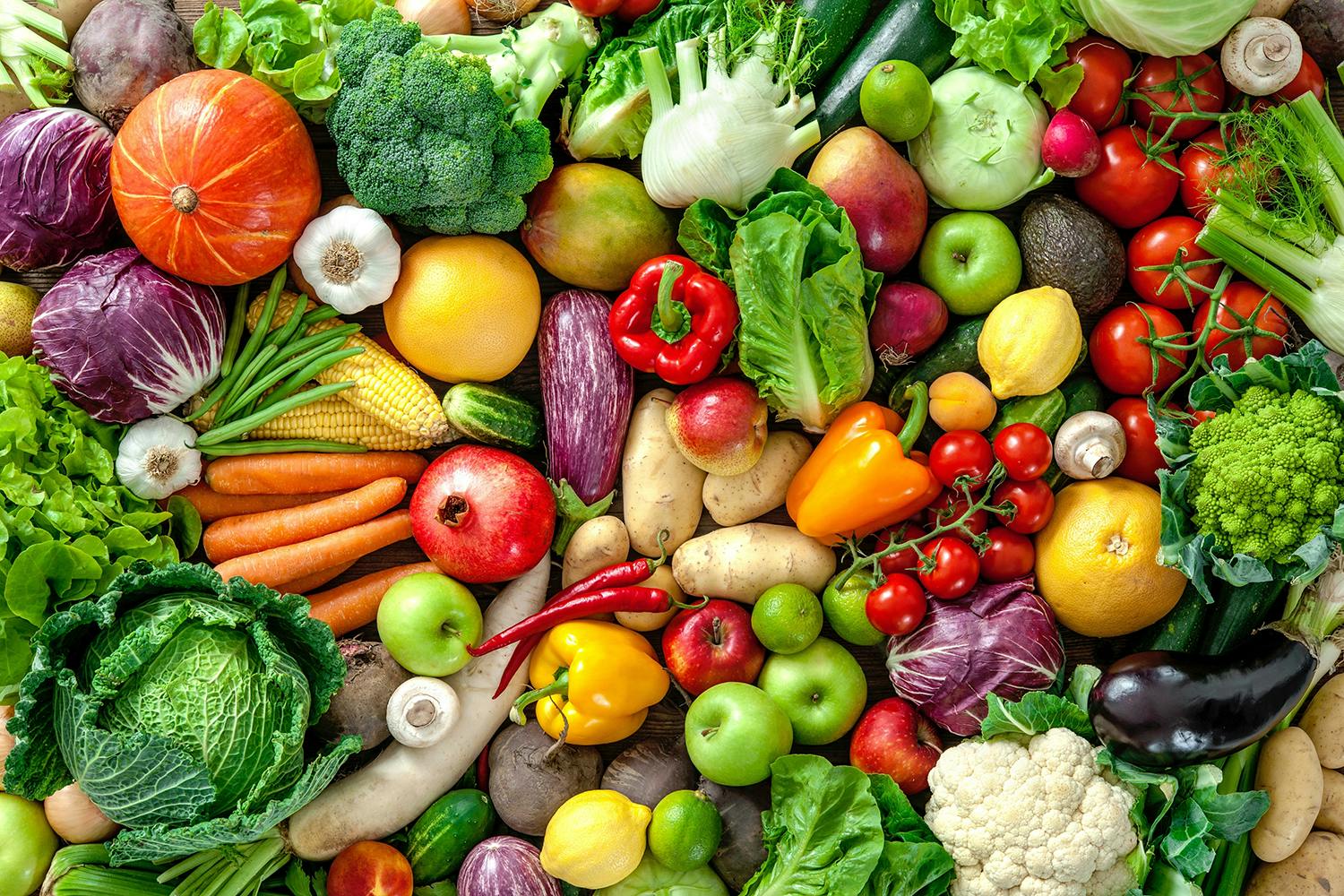A cardiac surgeon shared the four foods that he avoids eating for health reasons. And if you’re supposed to avoid those, what foods can you eat to promote a healthier lifestyle?
TikTok user Jeremy London (@drjeremylondon) is a cardiac surgeon who posts about his profession on the social media platform. He does not offer medical advice. He instead offers up his own opinions.
In this video, which has amassed 1.5 million views as of Thursday morning, Dr. London lays out the four foods that he “absolutely avoids” as a medical professional.
Fast food

“Well, the name says it all,” says Dr. London. He explains that most of the food from fast-food restaurants is “edible food product.”
If that doesn’t sound appetizing, there’s a reason.
A 2017 article in the American Journal of Lifestyle Medicine notes that there is very little pay off when it comes to fast food: The calories are usually high with very few nutrients. “These fast foods typically contain multiple chemicals and synthetic ingredients. … Fast foods typically contain extra corn syrup, sugar, artificial sweeteners, salt, coloring agents, and other potentially disease promoting chemicals,” it reads.
It’s understandable why a heart surgeon avoids this type of food. According to Harvard Health, certain common fast food items like hamburger, fries, and soda can cause inflammation in one’s body, which can, in turn, lead to artery-clogging plaque.
Soft drinks

Yes, that includes regular and diet sodas.
“Liquid death; don’t drink ‘em,” he advises. There was some confusion in the comments section about whether London is referring to the water brand. However, he’s likely not. He’s simply calling soda “liquid death.”
Again, there’s ample research to back up London on this.
According to UCLA Health, people should indeed avoid soft drinks if they want to preserve their health. “Sugary beverages like soda are linked to a long list of adverse health effects, starting with obesity, poor blood sugar control and diabetes. Recent studies have found an association with high blood pressure, high cholesterol and heart disease. Research shows that having as little as one soda per day measurably increases the risk of developing Type 2 diabetes. And diet sodas, which have been found to increase hunger and disrupt metabolism, are not any better.”
Milk products

“We are the only mammals that drink milk outside of infancy and we drink it from a different species,” he says. “Think about it.”
The Physicians Committee for Responsible Medicine agrees.
“Milk and other dairy products are the top source of saturated fat in the American diet, contributing to heart disease, type 2 diabetes, and Alzheimer’s disease. Studies have also linked dairy to an increased risk of breast, ovarian, and prostate cancers,” reads its website.
However, there are pros and cons to milk. Evidence also suggests that fat-free or low-fat dairy is beneficial to one’s diet as these products are rich in nutrients. “Milk fat may help raise levels of HDL (good) cholesterol. Having healthy HDL cholesterol levels may prevent heart disease and stroke,” Healthline reports as one of the many benefits of drinking milk.
Healthline concedes that “more research is needed on the amount of milk that’s most beneficial.”
Alcohol

“Alcohol is absolutely toxic to every cell in our bodies. Even moderate or occasional use is in fact detrimental,” he says. “So if we are working so hard to optimize our health, the least you could do is stop actively poisoning your body.”
Last year, the World Health Organization issued a statement that read: “ Alcohol is a toxic, psychoactive, and dependence-producing substance and has been classified as a Group 1 carcinogen by the International Agency for Research on Cancer decades ago – this is the highest risk group, which also includes asbestos, radiation and tobacco.”
Oncology dietician Nichole Andrews and oncology doctor Waqqas Tai would agree with London on this one. Both experts have said they avoid it like the plague, not even drinking one glass of wine at dinner.
OK, so what should you be eating?

OK, so that’s what you shouldn’t be eating. But what heart-healthy foods should you be eating?
Well, the American Heart Association recommends a “minimally processed” diet that includes vegetables, fruits, whole grains, and beans, per this Harvard Health article. “Fruits and vegetables play an important role in heart health because they contain antioxidants that can help prevent injuries to the arteries. Aim to eat a variety of fruits and vegetables — fresh, canned, or frozen,” the article states.
In the comments section, users offered their own opinions about the list and whether or not they’d be willing to give up a certain food group for health reasons. As one user wrote, “You just described everything I eat and drink.”
The Daily Dot reached out to Dr. London via email for comment.
The internet is chaotic—but we’ll break it down for you in one daily email. Sign up for the Daily Dot’s web_crawlr newsletter here to get the best (and worst) of the internet straight into your inbox.


